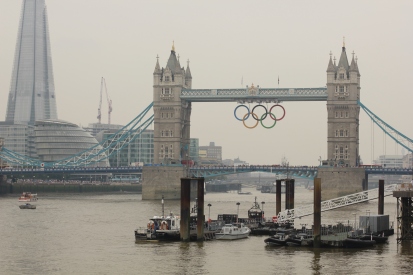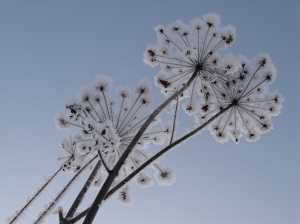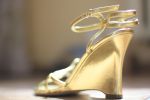 I have been chasing footsteps in London this summer: a city bright with excitement, sparkling with the glint of medals, more cheerful and upbeat than I’ve known her for a long while. Even those of us who didn’t attend the Games felt that we had somehow been a part of it all. We all caught a glimpse of the Gold. We were all brushed briefly with the majesty of the power of human achievement. It’s everywhere in a myriad of ways if you’re looking, but sportspeople show it so clearly; in the tension of muscle and sinew, in the brimming eyefull of pride beneath the flag.
I have been chasing footsteps in London this summer: a city bright with excitement, sparkling with the glint of medals, more cheerful and upbeat than I’ve known her for a long while. Even those of us who didn’t attend the Games felt that we had somehow been a part of it all. We all caught a glimpse of the Gold. We were all brushed briefly with the majesty of the power of human achievement. It’s everywhere in a myriad of ways if you’re looking, but sportspeople show it so clearly; in the tension of muscle and sinew, in the brimming eyefull of pride beneath the flag.
I took a journey to see an old friend. An aunt whose light step and easy laughter lit up magical moments in my childhood: a string of bright beads across time. She is an octogenarian now, another amazing human achievement (a gold medal for living). Stepping out of the car I breathed in the sharp edge of the salt air. There is nothing that can bring you home faster than the smell of the sea. ‘A long journey’, I said to myself as I stretched my limbs back into shape; but anywhere in England is a long journey for me now. My dance with my homeland has changed in so many ways. I was feeling for a familiar step, the link of inner rhythm to the breath of the waves, but could not fall in with it. Out of practise. The gulls laughed as we walked down to my aunt’s house.
When she answered the door she was singing and her eyes flashed a brilliant conspiracy of friendship. My aunt’s eyes twinkle as if with secrets so secret that even she doesn’t know what they are. She’s seen a lot of life in all these years, and her stories still sparkle with it all even now. Talking with her that sunwashed afternoon was a deep and rare pleasure: an inspiring affirmation of living life’s promises and surviving its betrayals. Why is it that there is never enough time?
Flying back to Russia I thought about the other wise women in my life, the pleasure of their company and their subtle and powerful teaching. I began to think again about eyes (I’ve done this a lot recently). I thought of my aunt’s shining, sea-coloured eyes, much creased with laughter. Then my inner eye turned back towards the hospital in Moscow: the Cyclops ward. There we all were, patched up and stumbling, learning to see differently, peering at one another with the good one; sitting, talking, listening. Here I met my Russian wise woman who taught me and healed me with her quiet dignity and peaceful presence. She told me stories of her childhood, and I will never forget how her eyes filled with tears as she spoke of the hunger that they lived with in Stalin’s Russia after the war.
All those years ago.



